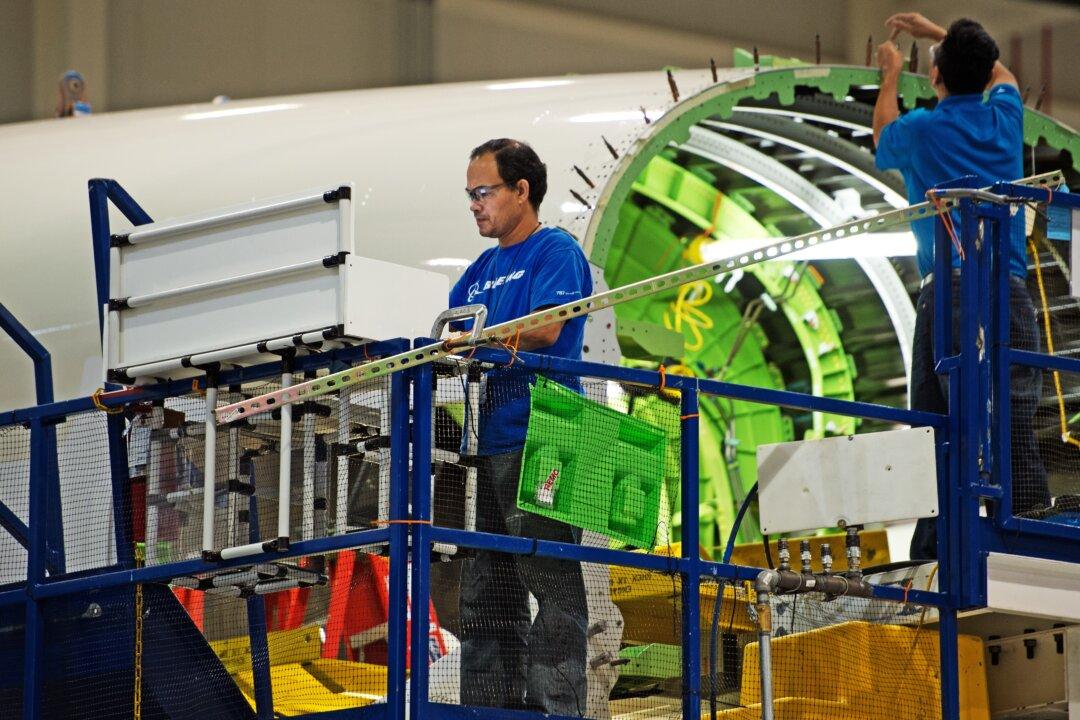If 18th-century Charlestonians were alive now to see South Carolina’s original capital city, they would experience a vastly different business climate than the export empire of indigo, rice, and shipping materials that helped make the city the wealthiest area south of Philadelphia.
High tech and manufacturing are now the rule—and in the next several years, these industries are not only going to be in higher economic demand, but continue to be key factors fueling more Lowcountry housing, jobs, residents, and tourism.




